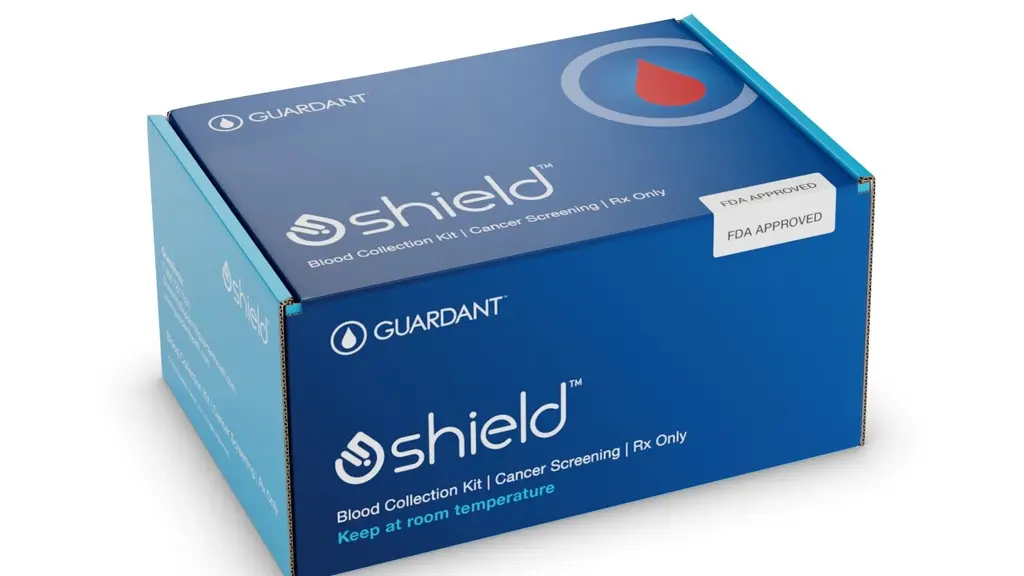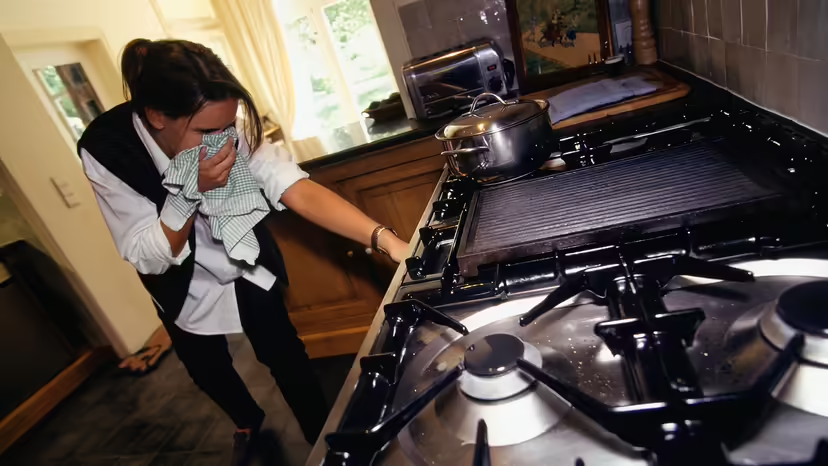FDA Approves New Blood Test for Colorectal Cancer Screening
Patients now have a new, less invasive option for colorectal cancer screening: a blood test called Shield. The U.S. Food and Drug Administration (FDA) has approved Shield as a primary screening method for colorectal cancer, providing an alternative for those who find colonoscopies and other traditional tests uncomfortable. According to studies, Shield has demonstrated an impressive accuracy rate, detecting colorectal cancer in 83% of cases, equating to approximately 5 out of every 6 people tested. For optimal efficacy, the Shield test needs to be repeated every three years.
High Accuracy in Detecting Colorectal Cancer
Shield has demonstrated significant accuracy, detecting colorectal cancer in 83% of cases, which means it correctly identifies cancer in about five out of every six individuals tested. The test is designed to be repeated every three years for continued monitoring and early detection.
Is the New Colorectal Cancer Blood Test Covered by Insurance?
The FDA’s approval signifies that Shield meets the performance criteria for Medicare coverage. This means that, once coverage is established, which is expected to happen within a few days, eligible Medicare Part B beneficiaries will not incur any out-of-pocket costs for the test. Mike Weist, spokesperson for Guardant Health, the company that produces Shield, confirms this.
For Medicare Advantage beneficiaries, the out-of-pocket costs will depend on their specific plans. Patients with commercial insurance may also see variability in costs depending on their individual plan coverage. Currently, doctors can prescribe the Shield test as a lab test at an out-of-pocket cost of $895. The new self-pay price for the FDA-approved version will be made available when the test launches commercially, which is anticipated within the next week.
Weist also mentions that commercial insurance coverage for patients eligible for colorectal screening is expected to expand as the test gains guideline inclusion from the American Cancer Society and the U.S. Preventive Services Task Force.
Incorporating the Blood Test into Routine Blood Work
The introduction of the Shield blood test is likely to increase the number of individuals screened for colorectal cancer, suggests Julius M. Wilder, MD, PhD, a gastroenterologist and hepatologist at Duke Health in Durham, North Carolina. Dr. Wilder notes, “We are far below where we should be in terms of colon cancer screening, and this blood test allows for providers to incorporate colon cancer screening into the other typical blood work done as part of the usual physician visit.”
Colorectal cancer ranks as the third most common cancer and the second leading cause of cancer-related deaths. Despite the severity, only about 70% of individuals currently complete the recommended screening for colorectal cancer. Early detection is crucial in reducing mortality rates; when detected early, before it has spread, the five-year relative survival rate for colorectal cancer is 91%. However, if the cancer has spread to distant parts of the body, the five-year survival rate drops drastically to 13%.
How Does the Blood Test Compare to Other Screening Options?
Colonoscopy remains the most reliable method for identifying polyps and colorectal cancer, boasting an accuracy rate of 90 to 95% according to the American College of Surgeons. However, the procedure involves extensive preparation, including following a special diet, bowel cleansing, and undergoing sedation or anesthesia during the procedure. Additionally, patients need to arrange for transportation home post-procedure. If no issues are detected, a colonoscopy only needs to be repeated every ten years.
There are also two main at-home tests available for colorectal cancer screening:
- FIT (Fecal Immunochemical Test): This test has an accuracy rate of about 79% in detecting colon cancer. It involves collecting a small sample of fecal matter to be sent to a lab for analysis. The test should be repeated every one to two years.
- Cologuard (Fecal DNA Testing): With a 92% accuracy rate, this test also requires collecting a fecal sample and mailing it to a lab. It should be repeated every three years.
The New Blood Test Does Not Replace Colonoscopy
Despite the promising accuracy of the Shield blood test, individuals who test positive for colorectal cancer through Shield will still need to undergo a colonoscopy for confirmation and possible removal of any detected polyps. Dr. Wilder emphasizes that the blood test is intended for individuals undergoing average risk screening for colon cancer. Those at high risk, including individuals with a family history of colon cancer or symptoms such as blood in their stool, should still undergo a colonoscopy.
Although Shield accurately detects colorectal cancer 83% of the time, its ability to identify precancerous lesions is limited to 13%. These lesions, also known as polyps, are particularly common in older adults. While most polyps are benign, some can develop into cancer over many years. One significant advantage of a colonoscopy is that doctors can remove precancerous polyps during the procedure.
Conclusion: The New Blood Test Enhances Cancer Screening Efforts
For individuals hesitant about undergoing a colonoscopy or collecting a stool sample at home, the Shield blood test offers a valuable alternative. Dr. Wilder believes that “this blood test will make it easier for everyone to be screened, hence allowing for more people to be screened, and hopefully detect colon cancer or more advanced polyps earlier, which will significantly improve survival.” The introduction of Shield could thus play a critical role in increasing colorectal cancer screening rates and enhancing early detection, ultimately saving lives.




